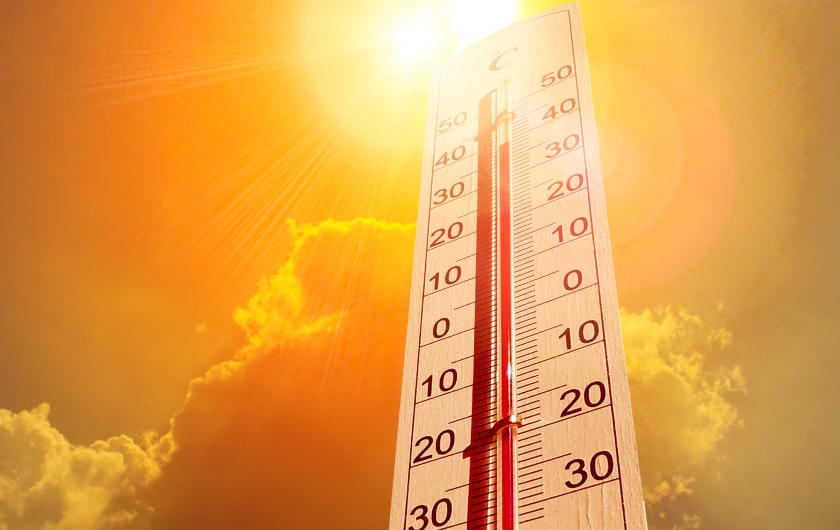It’s helps to know what to do—and what not to do
Photo: iStock/SUNG YOON JO.
We Canadians haven’t had to endure the extreme heat that has been roasting much of Europe, but we’ve had our own heatwaves to contend with, and experts predict that we’ll see more of them in the future. Blair Feltmate, the head of the Intact Centre on Climate Change at the University of Waterloo (ON), recently told CBC Radio’s The Current that the number of days each year on which the temperature will rise beyond 30°C (86°F) is expected more than triple by 2040, from 20 days a year to 65.
Here are some tips on coping with the heat.
You should:
- Wear loose, light-coloured clothing, and a wide-brimmed hat to shade your face when outdoors.
- Drink lots of water, even when you don’t feel thirsty. Vegetable juice and sports drinks can also prevent salt-depletion, which increases your risk of heat exhaustion.
- Spend as much time as possible indoors or wherever you can find air conditioning.
- Wear sunscreen with an SPF over 30, reapplying throughout the day as necessary.
- Stay in contact with loved ones and neighbours. “Seniors, people with mental health conditions, as well as people with chronic illnesses such as diabetes or cardiovascular, respiratory, renal, and neurological conditions must be especially vigilant, as well as children under the age of four,” according to guideleines recently posted on the website of the City of Montreal. Those who are most sensitive to the effects of the heat should also avoid going out between 11 a.m. and 3 p.m., the hottest times of the day.
- Take cool showers–but not so freezing cold that they shock your system.
- Stay informed with updates and alerts released by your city.
You shouldn’t:
- Drink alcohol or use recreational drugs. Since alcohol acts as a diuretic, it reduces rather than increases hydration.
- Consume sugary drinks, which can further dehydrate you.
- Engage in strenuous exercise during the hottest parts of the day. Exercise early or after sunset, or go to a gym instead.
- Leave your drapes open all day or use heat-emitting appliances such as ovens, dishwashers, and washing machines and dryers.






